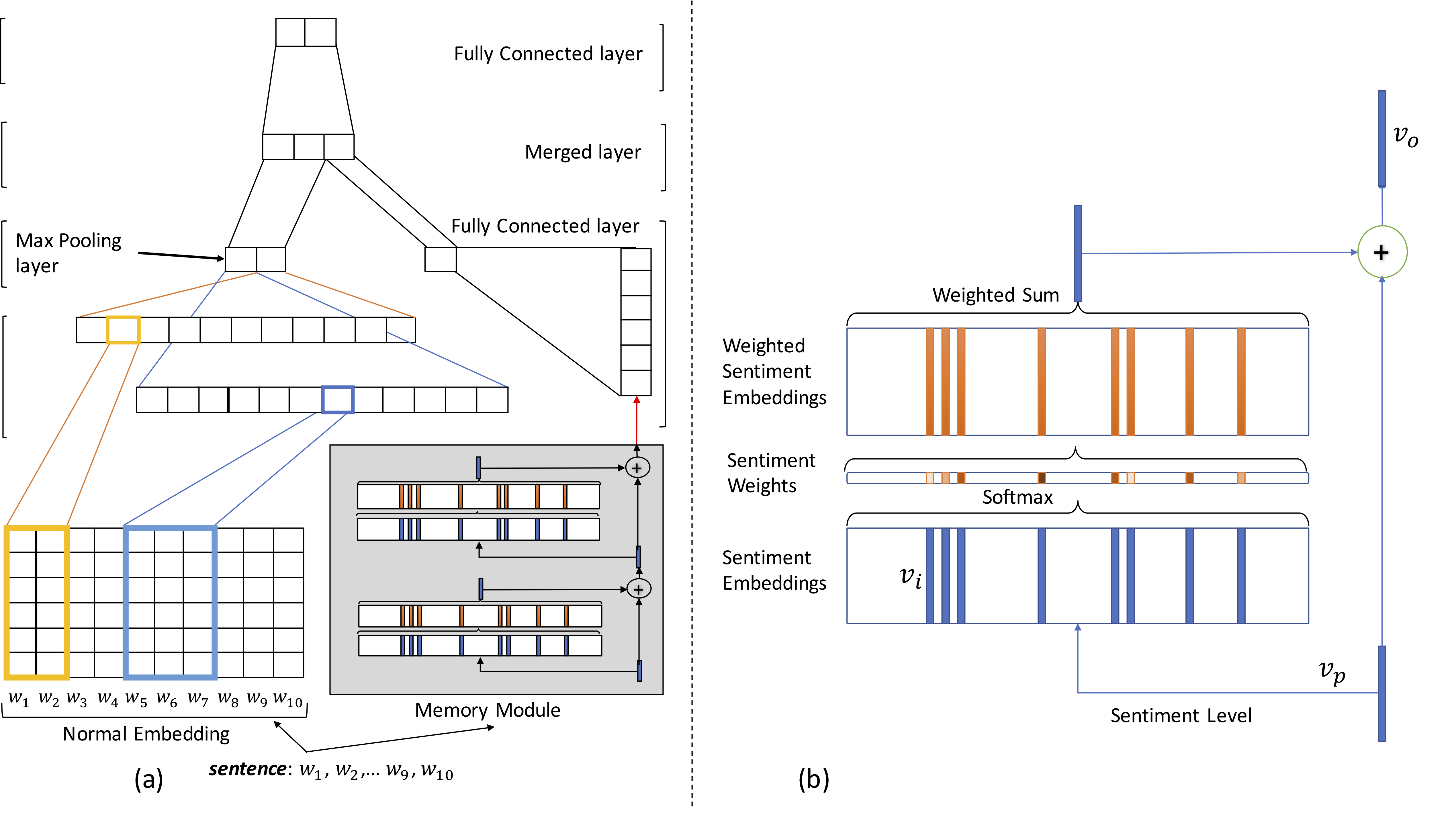


As increasing numbers of people come online across the globe, they are also increasingly voicing their opinion in social media, review sites, etc.
This makes it important for organizations to pay attention to what is being said about them in different markets, while also leading to substantial opportunities for data analytics to enable a better consumer experience.
In light of this, it is crucial to develop sentiment and emotion analysis methods that work not just on English, but also on the thousands of other languages that people use online.










Please refer to and cite the below papers for further details.

It depends! Clearly, "hot" may be quite positive when talking about music, but it tends to be more negative when talking about laptops.
We create word vector representations such that each dimension stores the sentiment polarity of the word in a different domain, so we can store that "hot" is positive in some domains and negative in others, and we can also quantify how positive or negative it tends to be in each domain.
Unlike traditional sentiment lexicons, our word vectors can capture the differences between different domains. Unlike regular word vectors, our sentiment vectors explicitly store sentiment polarity information about words.
Our sentiment vectors for the languages in the paper are available for download here. The data provides sentiment vectors for words (in multiple languages). The provided sentiment vectors are 26-dimensional, where each dimension captures the sentiment polarity of the word in a specific domain (e.g., electronics, beauty, automative, music).


License: CC-BY-NC-SA 4.0 license (for non-commercial use)
For further languages or other uses, please get in touch with us.
For the high-coverage domain-specific lexicons, please cite the following publication:
Domain-Specific Sentiment Lexicons Induced from Labeled Documents BibTeX
SM Mazharul Islam, Xin Dong, Gerard de Melo (2020)
In: Proc. COLING 2020.
Often, it is useful to go beyond just positive vs. negative towards fine-grained emotion analytics, e.g. when we want to know whether a customer is angry, disappointed, or terrified.



For more information about the datasets and related deep learning methods, please consult our publications:
Cross-Lingual Propagation for Deep Sentiment Analysis BibTeX
Xin Dong, Gerard de Melo (2018)
In: Proc. AAAI 2018. AAAI Press.
Acceptance rate: 25%
A Helping Hand: Transfer Learning for Deep Sentiment Analysis BibTeX
Xin Dong, Gerard de Melo (2018)
In: Proc. ACL 2018.
Acceptance rate: 24.9%